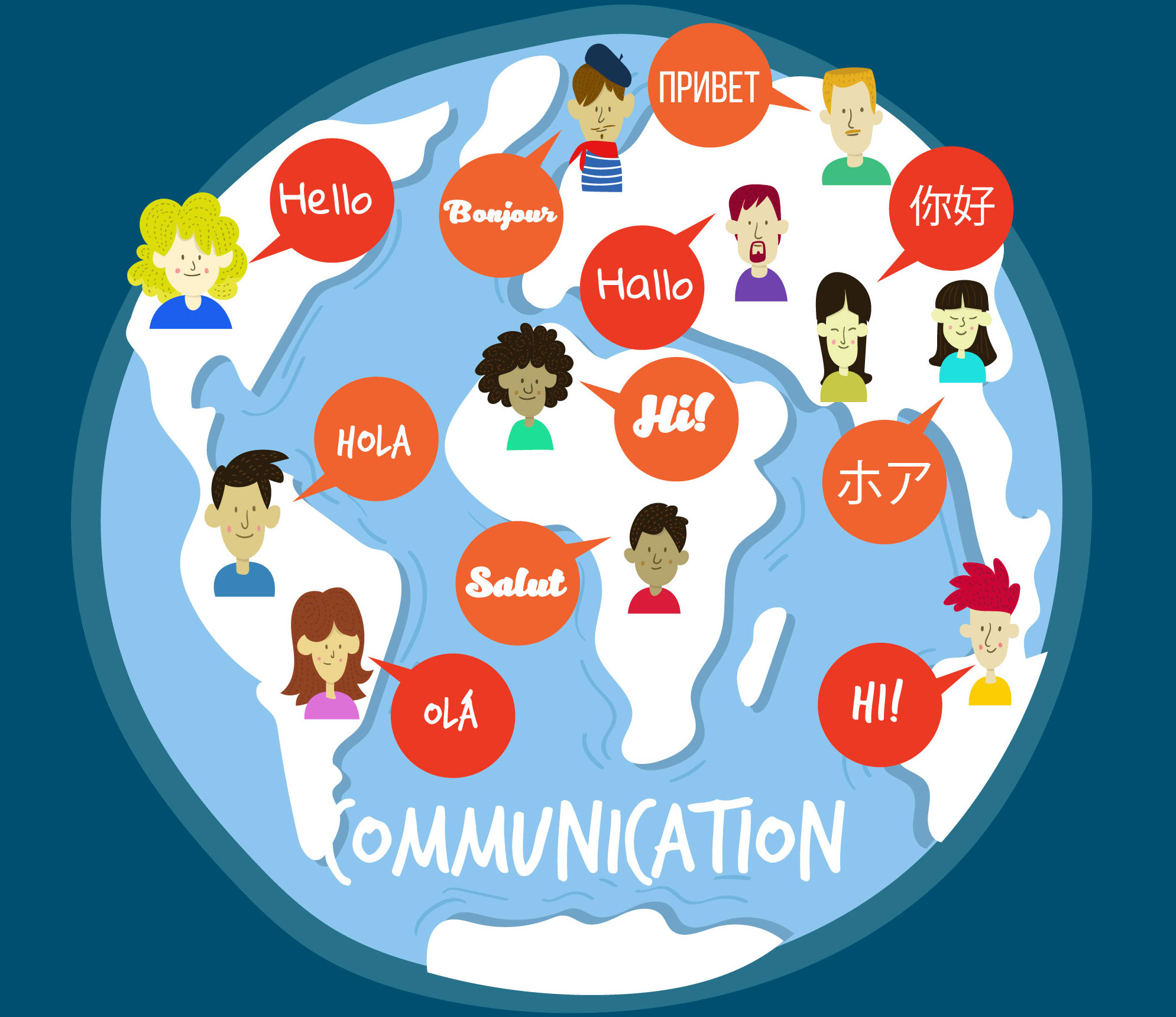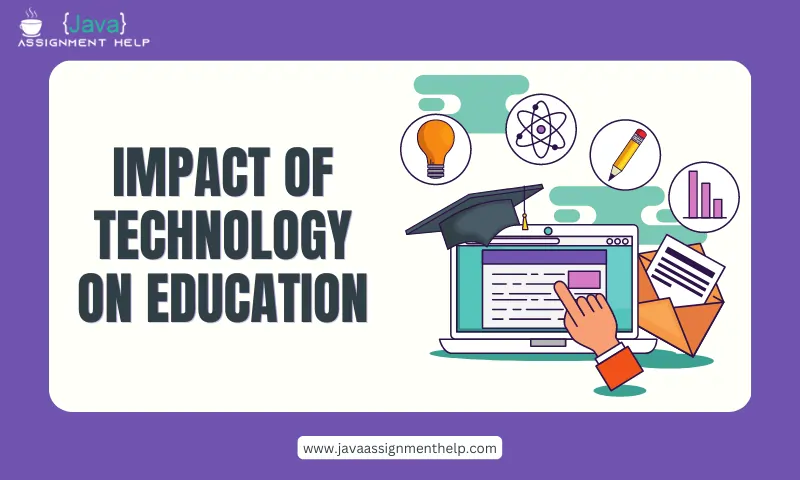Learning a new language as an adult can be a challenging task. Unlike children, adults have a more developed cognitive system and have already acquired their native language. But learning a language as an adult also has its advantages, such as a more developed learning strategy, awareness of the learning process, and greater motivation to learn. In this blog post, we will discuss the challenges faced by adults in language learning and explore some solutions to overcome them.
Time Constraints
Adults have busy schedules with work, family, and other responsibilities. Finding time to learn a new language can be challenging. One solution is to create a schedule and prioritize language learning. Setting aside a specific time each day or week for language learning can help make it a habit.
Limited Exposure
Children have the advantage of being immersed in a language environment and hearing the language spoken regularly. Adults may not have the same level of exposure to the language they are learning. One solution is to create opportunities for language exposure by watching movies, TV shows, or listening to music in the target language. Joining language exchange programs or attending cultural events can also help with language exposure.
Fear of Making Mistakes
Adults are often self-conscious about making mistakes when speaking a new language, which can hinder their progress. One solution is to embrace mistakes as part of the learning process. Practice with a native speaker or language partner who can provide feedback and correct mistakes. It is also essential to remember that making mistakes is normal and a necessary part of the learning process.
Lack of Confidence
Adults may lack confidence in their ability to learn a new language, especially if they struggled with language learning in the past. One solution is to set realistic goals and celebrate small victories along the way. Taking language proficiency tests, such as the CEFR or TOEFL, can also help build confidence and provide a clear measure of progress.
Learning Style
Every individual has a unique learning style, and what works for one person may not work for another. One solution is to experiment with different learning methods, such as language exchange programs, online courses, or self-study. Finding a learning style that works best for you can help you stay motivated and engaged in the learning process.
Memory and Retention
Memory and retention can be a challenge for adult language learners. One solution is to incorporate memory techniques, such as repetition, visualization, and association, into the learning process. Flashcards and spaced repetition software can also help with retention.
Pronunciation
Adults may struggle with pronunciation due to the physical limitations of their vocal cords. One solution is to practice regularly with a native speaker or language partner who can provide feedback and guidance. Listening to podcasts or watching videos that focus on pronunciation can also help.
In conclusion, learning a new language as an adult comes with its own set of challenges, but with the right strategies and mindset, it is possible to overcome them. By setting realistic goals, prioritizing language learning, and embracing mistakes as part of the learning process, adults can achieve success in language learning.




